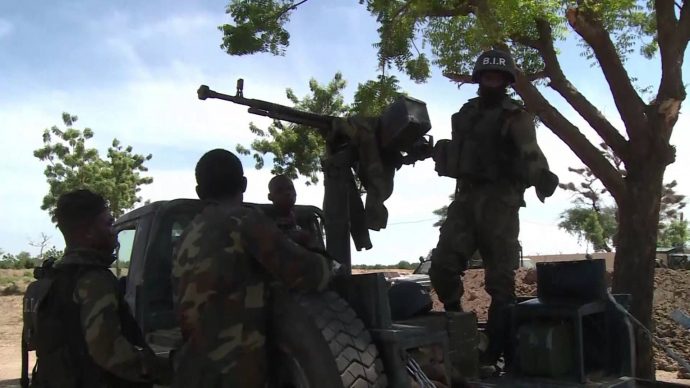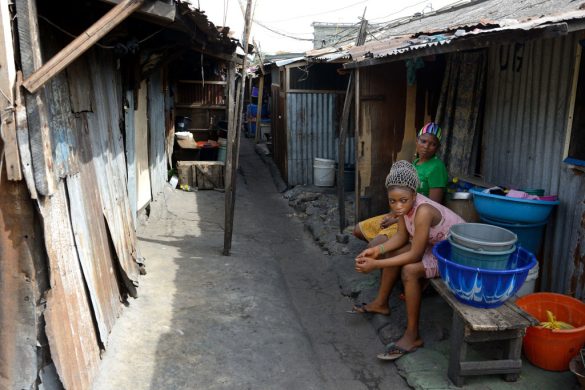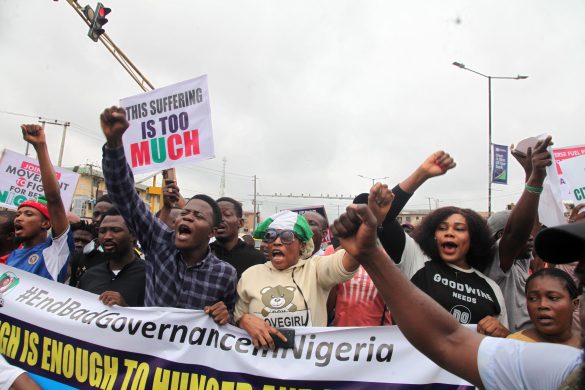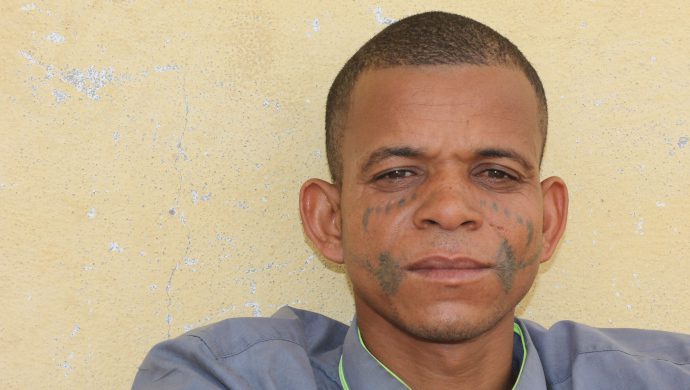A major resurgence in Boko Haram attacks and suicide bombings in Cameroon and Nigeria has left at least 381 civilians dead in the five months since the start of April 2017, with casualties more than double the previous five months, Amnesty International said today.
Northeastern Nigeria: Mass killings and abductions
The deadliest recent attack came on 25 July, when the armed group shot dead 40 people and abducted three others in an ambush on an oil exploration team in the Magumeri area of Borno state.
Far North region of Cameroon: weekly suicide attacks
The deadliest attack took place in Waza on 12 July, when 16 civilians were killed and at least 34 injured after a young girl was forced to carry and detonate a bomb in a crowded video game centre.
The town of Kolofata, in the Mayo-Sava district, has been especially targeted with nine attacks since April. Mora, the second largest urban centre in the Far North region, has also been hit three times.
The displacement of Boko Haram fighters from the Sambisa Forest in Nigeria to the Mandara Mountains in Cameroon, following operations conducted by the Nigerian military, may explain some of the increase in attacks in Cameroon.
Civilians in need of humanitarian assistance
Across the Lake Chad region, millions of civilians are in need of urgent humanitarian assistance as a result of Boko Haram violence.
A total of 2.3 million people have been displaced across the region. This includes 1.6 million internally displaced people and refugees in Nigeria and 303,000 in Cameroon. Another 374,000 are displaced in Chad and Niger.
More than seven million people across the region face serious food shortages, including five million in Nigeria and 1.5 million in Cameroon. There are 515,000 children suffering from severe acute malnutrition, more than 85% of them in Nigeria.
The recent increase in insecurity has made humanitarian operations difficult, or even impossible, in some inaccessible areas of northeast Nigeria.
Background
Amnesty International has been documenting human rights abuses and serious violations of international humanitarian law that amount to war crimes and crimes against humanity committed by Boko Haram since 2010.
Amnesty International has compiled and analysed media reports of Boko Haram attacks and casualties, which demonstrate a sharp increase in activity since April 2017 compared to previous months and comparable periods in 2016. The real numbers are likely to be higher, with some deaths unreported.
In 2017 Boko Haram has also killed civilians during at least 10 attacks in the Diffa region of Niger.
All parties to the conflict, including Boko Haram, are bound by the rules of international humanitarian law, which explicitly prohibits any direct attacks against civilians and civilian objects.
http://reliefweb.int/report/nigeria/lake-chad-region-boko-haram-s-renewed-campaign-sparks-sharp-rise-civilian-deaths














